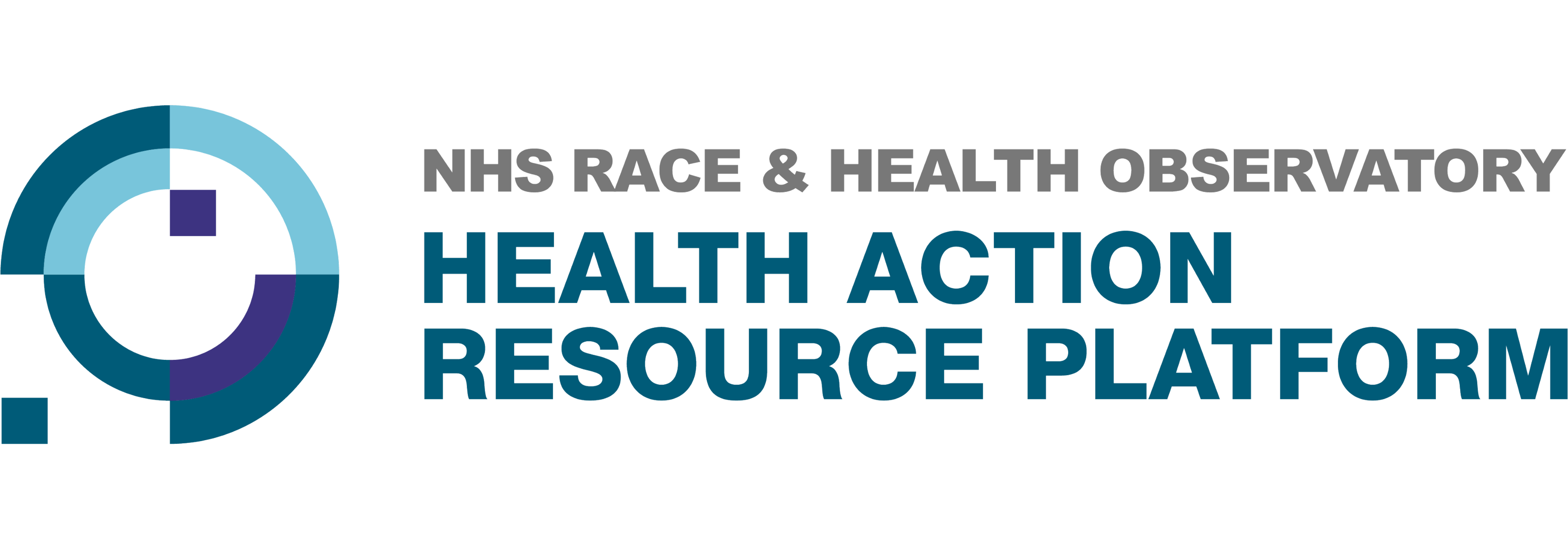This case study summarises the Better Outcomes Postnatally for Mums project by the University of Oxford team, which aimed to improve postnatal health outcomes for women facing multiple disadvantages by co-producing accessible postnatal red flag symptom resources.
Context and Background
The University of Oxford team, led by Jennifer MacLellan and Angela Martin, aimed to improve postnatal health outcomes for women facing multiple disadvantages. The MBRRACE-UK report highlighted that women from ethnic minority and low-income backgrounds are more likely to suffer serious illness or death after childbirth. Despite the availability of postnatal information, many women struggle to access or understand it due to language barriers, cultural differences, and low health literacy.
Broader systemic issues such as digital exclusion, cross-cultural communication challenges, and the need for trusted sources of information further complicated access. The NHS Maternity Transformation Programme emphasised the importance of accessible postnatal information to reduce maternal mortality.
Addressing the issues
Aims and Objectives:
- Co-produce accessible postnatal red flag symptom resources with disadvantaged women.
- Develop and test a guide for delivering accessible information.
- Create a checklist of accessibility principles.
- Promote adoption through a dissemination workshop.
Methods:
- Engaged 60 women with relevant experience using arts-based, participatory, trauma-informed workshops.
- Identified trusted sources of information using “circle of trust” activities.
- Co-created scripts and visuals for animations and posters.
- Collaborated with charities and peer researchers from marginalized communities.
- Conducted clinical reviews and continuous feedback sessions.
Collaborators:
- Friends, Families and Travellers
- Refugee Women Connect
- Birth Companions
- Flourish Community Health Collaborative
- SOS Education Organisation
- Moms on a Mission
- Young Mums Mental Health Project Nottingham
Outcomes
Qualitative Results:
- Women co-created and voiced animations and posters.
- Resources translated into multiple languages.
- Participants reported increased confidence, connection, and empowerment.
- Workshops led to new community engagement and support-seeking behaviours.
- Final resources were launched at a collaborative workshop with healthcare professionals.
Scalability and Transferability:
- Six NHS Trusts have implemented the resources.
- Resources are available nationally via the NHSE postnatal toolkit.
- Principles are transferable across healthcare disciplines.
Key learnings and recommendations
Key Learnings and Recommendations
What Went Well:
- Strong engagement through participatory workshops.
- Effective collaboration with peer researchers and community groups.
- Creation of trusted, culturally sensitive resources.
Challenges:
- Managing emotional safety during workshops.
- Translation issues requiring additional proofreading and community validation.
Enablers:
- Trust, equality, and authentic relationships.
- Support from community organizations and peer researchers.
Recommendations:
- Prioritize co-production and trauma-informed approaches.
- Ensure translations are community-reviewed.
- Build long-term partnerships for sustainable impact.
Additional Information
Project Duration: 21 months
Cost: £156,686
Resources Created:
- Checklist of accessibility principles
- Animations and posters on postnatal symptoms and mental health
- Translations in 12 languages
Equality Impact Assessment:
- Local NHS teams implemented resources differently.
- Metrics were initially tracked but later hosted independently by Trusts.
Next Steps:
- Continued dissemination through networks post-project completion (May 31, 2025).
Relevant Links
This link provides information about the BEAMS project, which co-produced accessible postnatal red flag symptom resources with disadvantaged women to improve their postnatal health outcomes.
BEAMS: Better outcomes postnatally for Mums – Outputs
